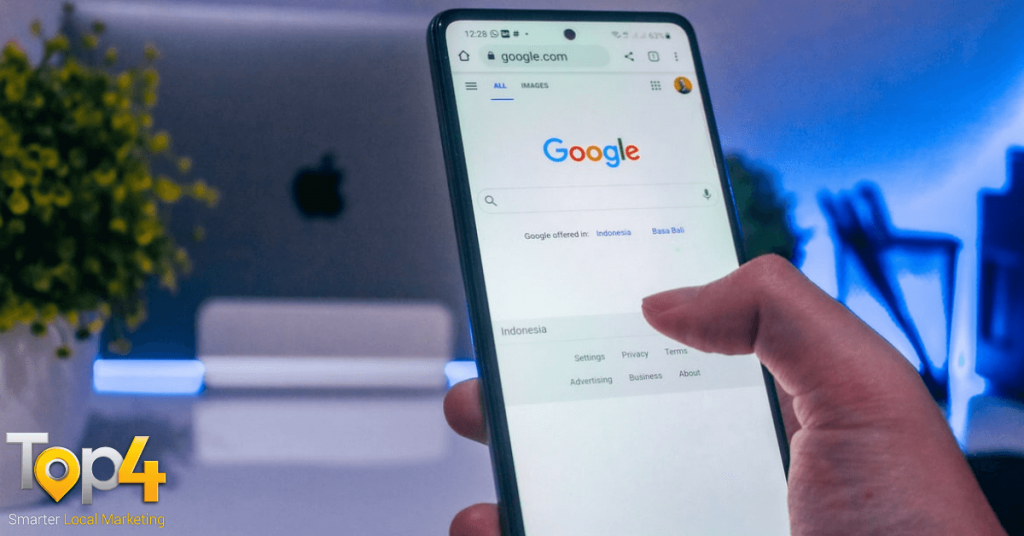
Each year, we survey the top experts in local search across many topics to determine what’s working to drive rankings and conversions in local SEO, and what’s not. We then compile the findings into The Local Search Ranking Factors as an annual report. It has become the industry’s go-to resource for understanding how to rank in Google’s local search results.
Before we dive in, there are a few things to note about the report, though. This year’s survey had 132 potential factors that our web experts think Google might use to rank businesses in the local pack/finder/maps and local organic results. It’s worthy to note that we don’t have any special access to the internal workings of Google’s local search algorithm. These factors are rather based on over a decade of analysis, experience, research and local experts testing their various hypotheses when it comes to the specific signals Google is using to evaluate and rank businesses. The factors at the top of the lists certainly appear to have the most significant impact on rankings. And these were based on the observations of our local search experts that are optimising businesses to rank in local results.
Local search ranking factors, in groups
If the factors are listed and organised into groups, they would look something like this:
To illustrate the general importance that each group signals, survey participants are asked to estimate how much weight Google attributes to each ranking factor group within the local search algorithm. This applies to both local pack/finder and local organic results.
The opinions on the weighting of the groupings have slightly changed over the past 5 editions of the Local Search Ranking Factors report. Check out the chart below to see how it’s shifted over the five years.
We’ll take a look closer at some of the key takeaways from this chart:
The rise of GMB (now called GBP) factors over time
GMB signals have emerged as a more important signal in recent years. But what is driving the increased importance of GMB ranking signals?
Over the past 7 years, local search marketers have noticed that a few key factors seem to provide an outsized impact on local rankings. And guess what they’re all categorised as? GMB factors. These came in as the top 5 local pack/finder ranking factors in the latest survey:
- Primary GMB category
- Keywords in the GMB business title
- The proximity of address to the searcher
- Physical address in the city or suburbs of search
- Additional GMB categories
While GMB signals might be heavily weighted in the algorithm, your work to optimise for local rankings should not be solely focused on GMB. There are many incredible features in GMB to optimise for conversions but there are only a few fields in GMB that have any impact on rankings., The good news is they will take you approximately 5 minutes to optimise.
- Primary Category
This is so important to get right. It has a massive impact on rankings. Choose the category that most closely matches with the primary search you want to rank for. For example, if your business is a law firm that specialises in criminal defense, then your primary category should definitely be “Criminal Defense Attorney” NOT “Law Firm”. - Additional Categories
This is the second most important thing to optimise in GMB. Add any additional categories that are relevant for your business. Think of every additional category as an additional keyword you can rank for (provided you have the relevancy signals on your website to support the category).
You might ask, what about all the other fields in your Google Business Profile? Shouldn’t you add keywords to them? Nope. Google does not use the description, services, or any other fields in GMB within the ranking algorithm.
Local listing management still very much matters
Despite the steady decrease in the perceived importance of citations in the survey, other research supports that local listing management still very much matters.
Let’s take a look at what citation is before we address this conundrum. In the realm of local SEO, citations are mentions of your business’s name, address and phone number (also known as NAP) on a website that isn’t your own. Your business’ NAP information is perceived as a signal of relevance and proof that you’re a legitimate local business by Google’s local algorithm.
Google’s local algorithm always tries to show its users the best local businesses for each of their local queries. This means websites are returned based on their relevance and prominence. And citations are a key factor for relevance.
Your citations help Google verify that you’re actually located where your website says you’re located. As Google crawls the internet and sees that a number of different reputable sites list the same business information, including your NAP information, it’ll learn to view you as a legitimate local business. With that increased trust comes a higher likelihood that Google will show your business in its local search results.
With the latest survey, Google has reportedly reduced its reliance on third-party directories and third parties in general. This is because Google is getting data much more directly and is using its own efforts to validate the existence of businesses. In essence, Google is treating its own data as more authoritative. However, a study by Uberall proved otherwise.
The study explored the impact of getting listed on multiple business directories had an impact on local visibility and consumer engagement. The findings did show that businesses listed on more than 10 directories saw an average of 80% improved local visibility on Google. Moreover, there was an average of 67% improvement in consumer actions for businesses listed on 10+ directories. In fact, when businesses were on more than 30 different directories, user actions increased by more than 136%. Equally important on this note is profile completeness. Businesses that completed their profiles also boosted visibility and resulted in a 69% increase in website clicks.
This means that having active listings across a network can help produce a double-digit life in search visibility and engagement. These visibility gains can then turn directly into revenue.
This is one of the many reasons why joining Top4 is important for your business growth. Make sure the NAP information you put on Top4 is accurate and consistent with the information you have provided in other local business platforms. Every bit of information in all your listings should be identical.
Our unique location-based marketing platform Top4 provides a number of features you can use to boost your business online marketing strategies and drive more customers’ engagement. Try it today — it’s easy and only takes a few minutes!
To find out how we can help you with your Website + Marketing, using our unique location marketing platform called Top4, get in touch today at www.top4marketing.com
Looking to build customer loyalty through social media? Don’t forget to add your business to Top4.com.au
List your business, create your own digital store to sell goods and services, and share posts on social media. Promote your business on Google instantly! Should you need help with local digital marketing then view our new Google Marketing Platform and services Top4 Marketing
Get Found On Google Promote Your Website, Reach local customers today!
Our Digital Marketing Agency Services Across All Industries Include Search Engine Optimisation (SEO), Google Marketing, Website Design, Corporate Web Development, and local location-based marketing using our own Google Marketing Platform!
Engage A Social Media Agency For Only 1/3 The Cost Of Employing A Social Media Manager…LET’S TALK!

